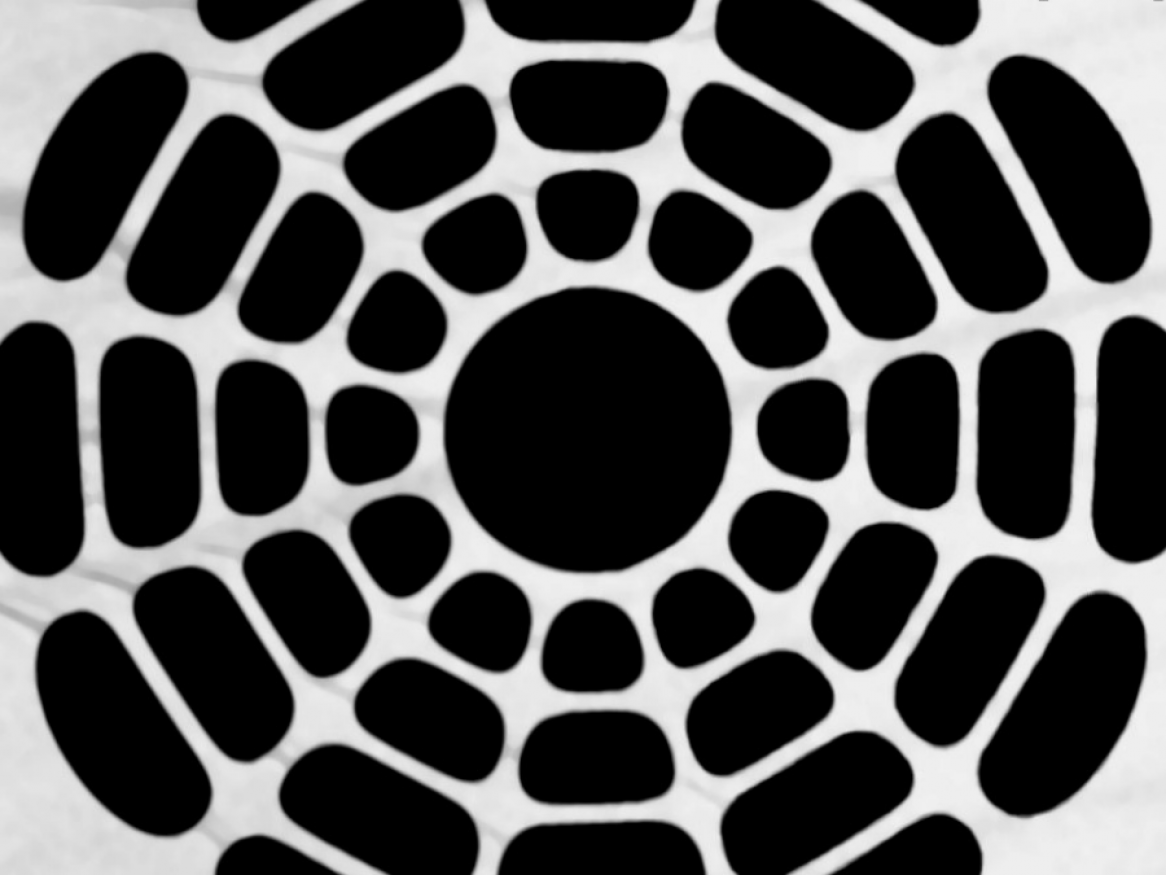News
Search news stories
Enter a keyword to search news.
More Than $8.6 Million in National LIEF Funding Involving IPAS Members

The Institute for Photonics and Advanced Sensing (IPAS) is proud to announce that its members are contributing to more than $8.6 million in successful Australian Research Council (ARC) LIEF grants for 2026 round 1. These major national investments will establish new research infrastructure and strengthen Australia’s capabilities in photonics, sensing, archaeology, molecular science, nanofabrication and gravitational-wave astronomy.
[Read more about More Than $8.6 Million in National LIEF Funding Involving IPAS Members]
Annual KOALA / ANZCOP Practice Session: 2025 Winners Announced

IPAS held its annual KOALA/ANZCOP practice session on 20 November, providing students a platform to refine their presentations and receive feedback before conferences. Congratulations to this year’s winners, Gabriel Monteiro and Ane Kritzinger.
[Read more about Annual KOALA / ANZCOP Practice Session: 2025 Winners Announced]
Prof Kishan Dholakia is SA Scientist of the Year 2025!

Professor Kishan Dholakia, Director of the Centre of Light for Life and a leader in structured light and precision measurement, has been named the 2025 South Australian Scientist of the Year. Presented by Chief Scientist for South Australia Professor Craig Simmons, the award recognises Kishan’s influential contributions across photonics, biology and quantum science, and the collaborative approach that underpins his work.
[Read more about Prof Kishan Dholakia is SA Scientist of the Year 2025!]
IPAS Photonics Sensing Behind the Perfect Toast

Former IPAS researchers Dr Kris Rowland, Dr Sean Manning, and Dr Andrew Richardson have taken their expertise out of the lab and into the kitchen, powering the Breville™ Eye Q™ Auto, the first toaster that toasts by colour, not time.
[Read more about IPAS Photonics Sensing Behind the Perfect Toast]
Defence Trailblazer: proof-of-concept phase completed!

Northrop Grumman Australia, in partnership with IPAS at the University of Adelaide under the Defence Trailblazer program, has successfully completed the proof-of-concept phase of its Hollow Core Optical Fibre project.
[Read more about Defence Trailblazer: proof-of-concept phase completed!]
Quantum clocks successfully trialled in Washington D.C

Two optical quantum clocks developed by the Precision Measurement Group at the University of Adelaide, led by Prof Andre Luiten in collaboration with the Defence Science and Technology Group (DSTG), were recently sent to Washington D.C. for a six-week field trial as part of AUKUS Pillar II.
[Read more about Quantum clocks successfully trialled in Washington D.C]
IPAS Showcases World-Leading Photonics at ATSE Showcase

IPAS was proud to participate in the recent Australian Academy of Technological Sciences & Engineering (ATSE) New Fellows Showcase, joining fellow innovators from across the University of Adelaide. The event celebrated South Australia’s leading scientists and engineers, featuring a wide array of cutting-edge technology demonstrations and the collaborative spirit driving scientific discovery.
[Read more about IPAS Showcases World-Leading Photonics at ATSE Showcase]
Launch of the ARC RadInnovate Training Centre

On October 28, the ARC Industrial Transformation Training Centre for Radiation Innovation (RadInnovate) was officially launched in Canberra at the Australian National University (ANU).
[Read more about Launch of the ARC RadInnovate Training Centre]
IPAS Spinoff Teraglo exhibits at IMARC

TeraGlo, an IPAS spin-off company, exhibited at the International Mining and Resources Conference (IMARC) last week. Originating from research in Prof Nigel Spooner’s Prescott Environmental Luminescence Lab (PELL) at the University of Adelaide, TeraGlo is translating fundamental photonics and quantum sensing research into practical material identification technologies.
AU Project PhD Scholarship for Innovative Solar Panels

Congratulations Dr Yunle Wei who, along with principle supervisor Prof Heike Ebendorff-Heidepriem and co-supervisor A/Prof Tak Kee, has won an AU project PhD scholarship in the inaugural Adelaide University Project round.
[Read more about AU Project PhD Scholarship for Innovative Solar Panels]
